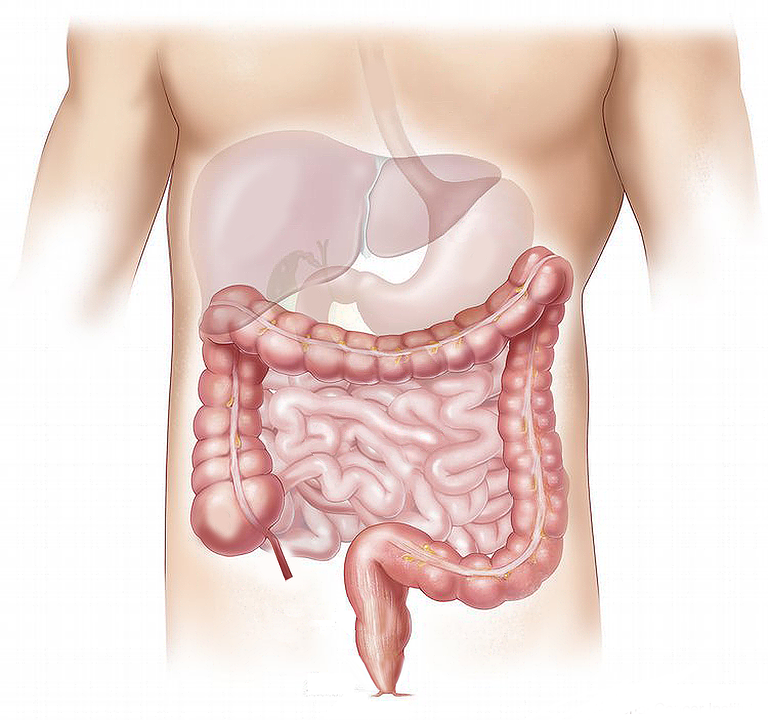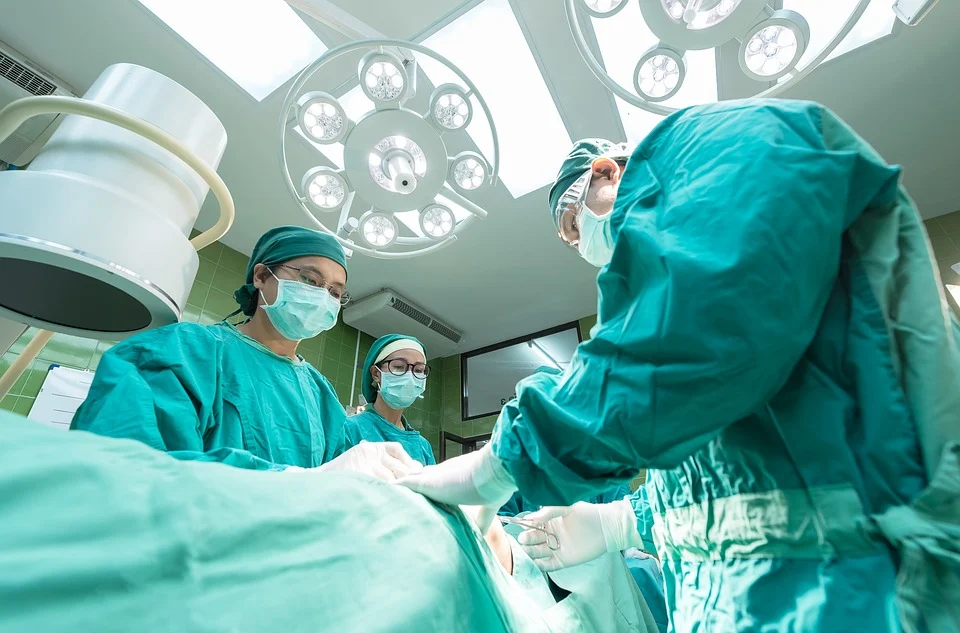
As many as 150,000 people are diagnosed with colorectal cancer each year in the U.S. alone. This gastrointestinal health condition can be very dangerous, especially if it goes untreated, but quick intervention can greatly increase the chances of survivability.
Whether you’re worried you may be at a higher risk for colon cancer or you have been diagnosed, learning more about the condition is a critical step in keeping yourself healthy.
What Is Colon Cancer?
Colon cancer is a type of cancer that is localized to the large intestine. It is similar to colorectal cancer, which also includes the rectum, located at the end of the colon.
Colon cancer can be detected early through regular screening. Doctors will do testing to determine the presence of polyps, which are small masses that are made up of cells that are at higher risk of becoming cancer cells.
Symptoms
Polyps often cause very few symptoms before they become cancerous, which is why screening is so important. Symptoms that indicate cancer may have developed include severe weight loss, fatigue, weakness, frequent abdominal cramping, blood in stool, and the long-term presence or reoccurrence of irregular bowel movements.
Symptoms are typically mild at first and become worse in the later stages of cancer.
Causes
There are many potential causes and risk factors that have been linked to colon cancer. For the most part, people with colon cancer tend to be 50 or older, and habits like smoking and heavy alcohol consumption can increase your risk.
Some people are genetically predisposed to developing colon cancer. Those with a family history of the condition may be encouraged to start regular testing earlier in their lives.
Other causes of colon cancer are linked to diet and exercise. A diet that is low in fiber and high in fat may pose a greater health risk, as can a sedentary lifestyle.
Health conditions that have been linked to colon cancer include diabetes, obesity, and conditions that cause inflammation in the intestines like Crohn’s disease and ulcerative colitis.
Gastrointestinal Treatments for Colon Cancer
Preventative measures for colon cancer primarily involve addressing risk factors and getting tested regularly. Gastrointestinal treatments that alleviate intestinal inflammation are especially important.
Even if preventative measures fail, there are still plenty of treatments available to people who have been diagnosed with colon or colorectal cancer.
Surgery
Both early-stage and advanced forms of colon cancer are frequently treated with surgical procedures.

More early-stage cancers may involve less invasive procedures. Some cancerous polyps can be treated with simple polypectomy, which can be performed during a regular colonoscopy. If surgery is required, laparoscopic surgery to remove the cancerous lesion in the intestine may be an option. This is a much less invasive surgery with a quicker recovery time.
More advanced forms of colon cancer may require a more invasive surgical procedure to remove the affected part of your colon or the entire colon, if necessary.
Chemotherapy
Chemotherapy is typically used as a follow-up treatment after surgery. During chemotherapy, drugs target and kill any remaining cancer cells before they can create additional tumors.
In some cases, chemotherapy is performed before surgery to make the removal of cancerous tissue easier.
Radiation Therapy
While chemotherapy makes use of drugs to eliminate cancer cells and tissues, radiation therapy uses protons and X-rays instead to kill these cells and prevent spread. It can help alleviate pain, but it also comes with additional potential complications due to the toxicity of radiation.

Targeted Drug Therapy
Gastrointestinal medicines can be part of a treatment plan as well. Doctors can use a process known as targeted drug therapy to identify and eliminate cancer cells. This kind of treatment is typically performed alongside chemotherapy or radiation therapy.
Final Thoughts
Remember that colon cancer is a highly treatable and often curable condition, especially if it is detected early. Routine physicals and screenings are the number one way to detect colon cancer before it can spread. If you have this diagnosis, your doctor will work with you to find the best possible treatment strategy.
